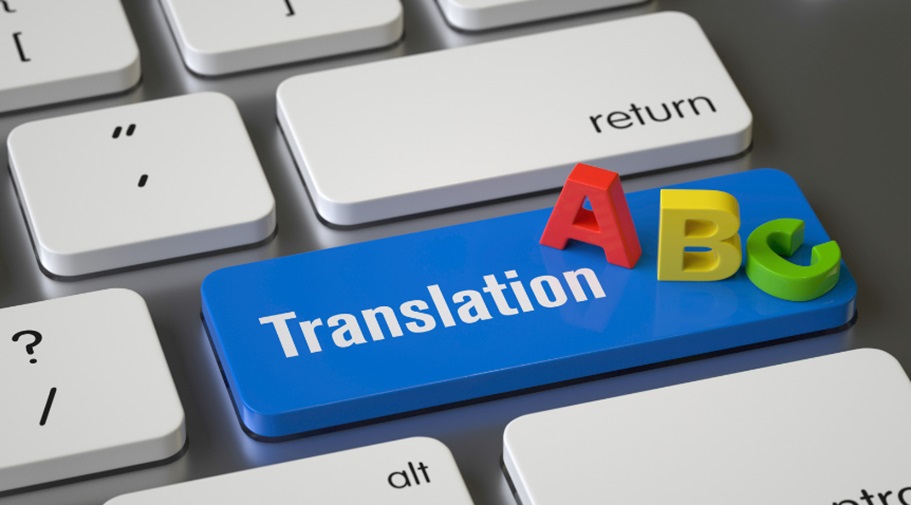The day has come when artificial intelligence has infiltrated numerous aspects of our daily lives, and the language industry is not an exception. But will ChatGPT be able to replace human translators eventually? In this article, we will dive into the capabilities of ChatGPT and explore the potential and limitations of its implementation in translation services.
The Age of Artificial Intelligence in Translation
There’s no denying that language translation technology has made significant advancements in recent years. Machine translation engines like Google Translate have become faster and more accurate, translating billions of words daily from various internet sources. Alongside this progress, the development of ChatGPT, a cutting-edge language model, is something the translation industry keeps a close eye on.
For those pursuing an online translation certificate, it is essential to consider the impact of AI-driven technology on the translation profession. Does this mean human translators will become obsolete in the ensuing years? Let’s examine the capabilities of ChatGPT further.
ChatGPT: Hero or Menace for Translators?
ChatGPT, short for Chatbot Generalized Pre-training Transformer, is an advanced AI program created by OpenAI. It can comprehend complex language patterns and generate text based on specific input prompts, making it a potentially powerful tool in the world of translation.
However, despite its remarkable abilities, ChatGPT has its limitations when it comes to translation tasks. One of the most significant challenges is that the AI-generated text may still require human intervention, particularly when dealing with idiomatic expressions, cultural nuances, and context-specific translation.
As such, it’s pivotal for individuals who want to become excellent translators to continue honing their skills. Although AI certainly makes it easier to process large volumes of text quickly and at a lower cost, human expertise, cultural awareness, and linguistic understanding remain essential to delivering accurate translations.
The Future of Translation Service: A Blend of AI and Human Touch
The potential downsides of relying solely on technology like ChatGPT emphasize the importance of human translators and the role they play in producing high-quality translations. Between understanding language subtleties, adapting to specific contexts, and making decisions on ambiguous interpretations, the translation industry’s future appears to be a blend of AI and human touch.
The race toward AI-enhanced translation technology promises to revolutionize the field. However, human translators need not worry about being replaced overnight. Completing an online translation certificate may still be a wise move, as the growing demand for translators and language experts seems unlikely to decline soon.
Instead, embracing the partnership between humans and artificial intelligence in translation services can offer a better approach. By leveraging the strengths of both AI-generated translations and human expertise, top-quality translations can be created faster and more efficiently.
In Conclusion
While ChatGPT and similar AI-driven translation tools have the potential to facilitate the translation process and improve efficiency, they are far from replacing human translators entirely. Pursuing an online translation certificate remains a smart choice for those looking to excel in the industry. Combining the power of AI with the experience, knowledge, and sensitivity of human translators offers the best solution for meeting the evolving requirements of the translation sector.



